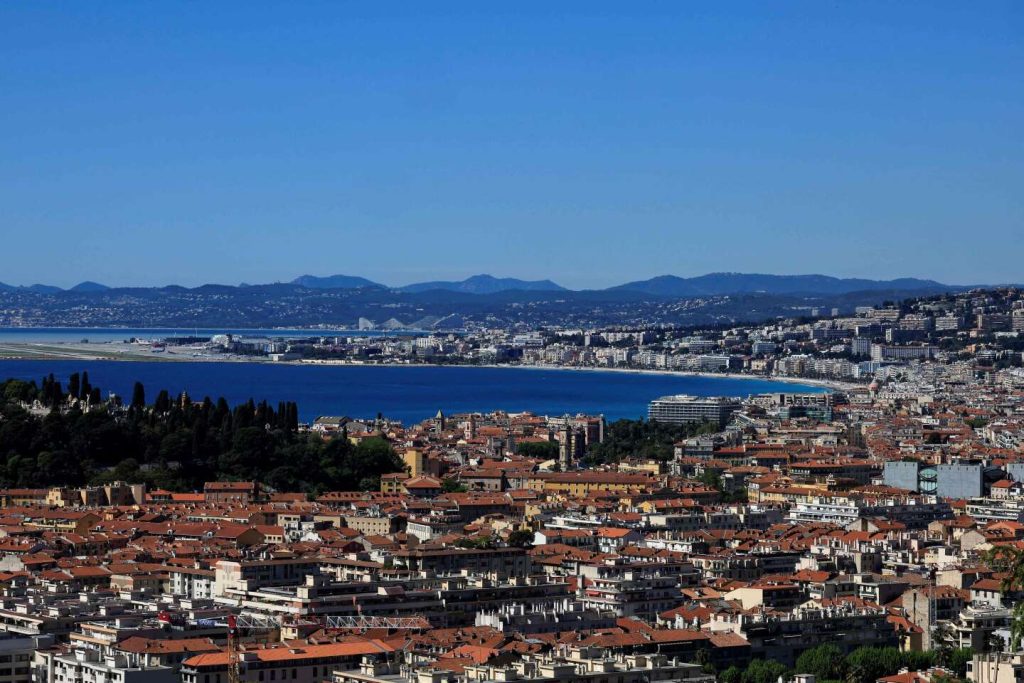The administrative court of Nice, seized in summary proceedings, suspended on Friday, April 19, the execution of the closure order of the Muslim college Avicenne, which had been accused of “opaque financing”. In a statement, the association’s lawyer, Sefen Guez Guez, stated that the prefecture had been ordered to pay a sum of 1,500 euros for legal fees. The court explained in its order that the “errors and inaccuracies” found in the accounting of this private school, opened in 2015, and hosting around a hundred students were “not of a nature to justify the definitive closure of the establishment”. On March 14, the prefect of Alpes-Maritimes, Hugues Moutouh, had ordered the closure of this college at the end of the school year, without questioning the quality of education but denouncing “opaque financing and manifest financial irregularities”.
According to the 2021 “separatism” law, the college must inform the administration of the origin of its funding. But after months of unsuccessful exchanges with the prefecture, the contribution tables presented in early March were still too vague for the prefecture. During the hearing on Tuesday, in the presence of dozens of students and parents, the Avicenne association, a branch of the Union of Muslims of Alpes-Maritimes (Umam) and manager of the college, admitted to “errors” in its accounting but denounced “a witch hunt”. Mr. Guez Guez also mentioned a “disproportionate and unfair” decision, especially since the college is located in a disadvantaged neighborhood of Nice and its closure could lead to most students being transferred to the nearby public college, already overcrowded.
The association insists that the prefecture’s decision to close the college is unfounded and unjust, particularly given the socio-economic context in which the college operates. This decision could have negative consequences for the students and the local community. The uncertainty surrounding the funding of the college has been a point of contention between the association and the prefecture, leading to legal action and the subsequent suspension of the closure order. The association argues that despite admitting to accounting errors, the shortcomings were not significant enough to warrant the permanent closure of the college, which provides education to a vulnerable population in Nice.
The case of the Avicenne college highlights the challenges faced by private educational institutions in France, particularly those catering to marginalized communities. The debate over funding transparency and financial irregularities raises questions about the oversight and regulation of private schools in the country, and the impact of such decisions on students and their families. The court’s decision to suspend the closure order pending further investigation indicates a recognition of the complexities involved in managing educational institutions, especially those serving underprivileged populations.
Moving forward, the association and the prefecture will likely continue to engage in discussions and negotiations to address the concerns raised during the legal proceedings. The fate of the Avicenne college remains uncertain, as the legal battle over its closure continues. The outcome of this case will have implications not only for the college itself but also for other similar institutions facing similar challenges in the education sector. The court’s ruling highlights the need for a balanced and thorough approach to addressing issues of transparency and accountability in the management of private educational establishments in France.


